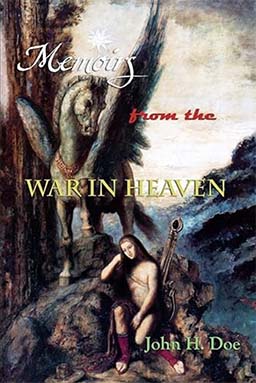> From this.
If you have in mind to make sense of things, as you might, you should go the path of faith and reason. If you need to pick one of the two, pick reason; but if both are available to you, put faith first. Further, if you go deeply enough into reason, you will end up in the parlor of science. All that science is is that it means you’re indeed deadly serious about wanting to make sense of things. If it can be measured, and if a proper mathematics can be developed around it, science can make sense of it. Unfortunately, we do not as yet have any way of measuring God, or in fact, anything of the spirit world (not even imaginary things are as yet susceptible to science’s calipers, as of this writing, and the spirit world is definitely more subtle in nature). This may not always be so, however. Stay tuned.
So as it happens that more of the world is unexplained rather than explained, it is wise to rely on faith. Just make sure that the source of your faith is tested, and you’re basically good to go. Not that you’ll never make mistakes. For Heaven’s sake. The best science is prone to mistakes, and you think your faith is miraculously bulletproof? Have realistic expectations, especially about faith. And then, if you go deeply enough into faith, you will hit the height of sainthood, which I think is pretty much universally acclaimed as a “way to be”, if we’re talking the real deal. It was thus I set a goal for myself in this life: to be a scientist saint. I might actually get there, too. That’s sort of a scary thought.


